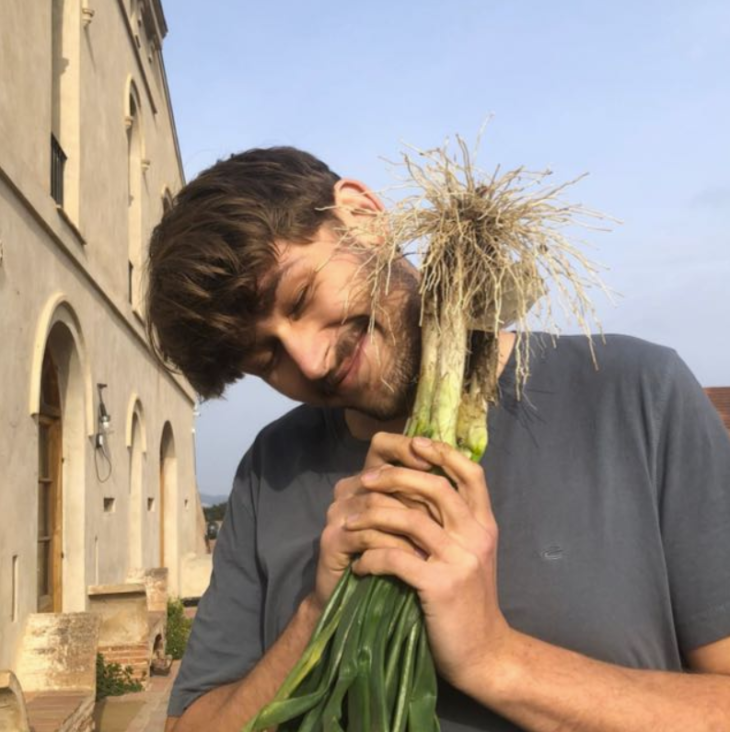1/ CONTEXT
The course is an experienced-based engagement in management and implementation of an
intensive organic agriculture farm. Whilst practical and hands-on, a general botanic theory
will guide the development and investigation of agricultural and ecological systems and
complex planting methods.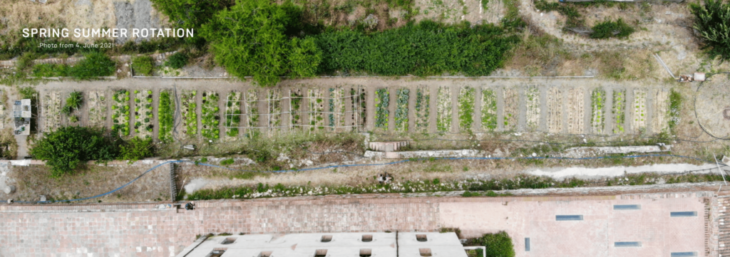 Full traceability in nutrient flows, energy and labor costs will be mapped from planting to
Full traceability in nutrient flows, energy and labor costs will be mapped from planting to
produce using the custom developed Farm OS platform, from garden to plate and from
below ground to above ground. This will be achieved by consistent scanning and plant
development tracking over time. In this way we will measure the productivity of our farming
experiences, making them measurable, methods comparable and ultimately demonstrate the
viability of our interventions.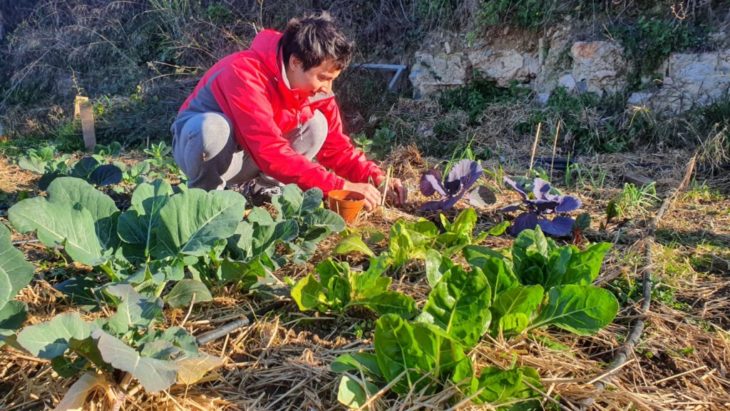 Over the centuries, the agricultural industrial sector has grown to become a force for
Over the centuries, the agricultural industrial sector has grown to become a force for
ecological and climate change. Methods of landscape development for the production of
food and material resources is now one of the most contested debates of our time. The
ecological interactions seminar line examines what emerging techniques and infrastructure
can be designed to be appropriate for climate resilience, productive enough for global
markets and ecologically supportive rather than reductive. Whilst designing any intervention
we must first understand the useful indicators of change, be capable of assessing impacts
and be cognizant of material and energy flows. The Valldaura landscape and gardens offer a
unique opportunity for innovation where tacit knowledge of plant and ecosystem
development combined with new computational and digital tools to enhance knowledge and
practice towards an ecological optimum for agricultural systems. The objective is for students
and researchers to gain practical experience of farm life, whilst learning new digital farm
management tools.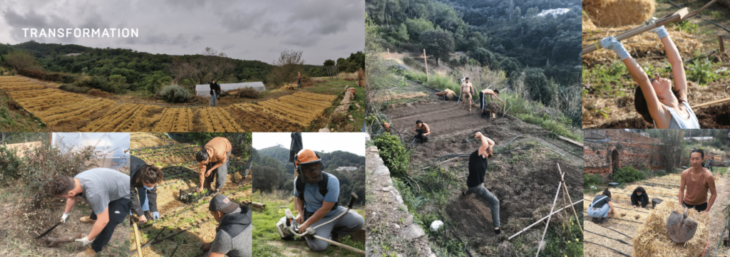
2/ OBJECTIVES
The student will:
– Acquire an understanding of various historical and changing paradigms of farming, as
well as their underlying philosophies and theories.
– Gain an experiential understanding of day-to-day farming activities, whilst recording
tooling techniques, observations, and best practices.
– Monitor and record the varied flows of inputs and outputs, through both tacit
knowledge, direct observation, and the use of digital monitoring equipment for
traceability.
– Propose and record planting strategies for resilient agriculture and make hypotheses
about polyculture planting, rotation schedules, their design, costs, and benefits.
– To study the development of a single garden variety in relation to its physiological
conditions in depth.
– Evaluate the impact of new technologies towards computational agriculture.
3/ FACULTY
Jonathan Minchin studied Fine Arts and Design
Craftsmanship and digital Fabrication. He attained BA in
Architecture and a masters degree MSC in ‘International
Cooperation, Sustainable Emergency Architecture’ in 2010.
He is coordinator of the EU funded research project called
ROMI (Robotics for Microfarms) and has spoken at the
European Commission and British Parliament.
In this field he has worked on housing and development
projects alongside ‘Habitat for Humanity’ in Costa Rica,
‘UNESCO’ in Cuba and with ‘Basic Initiative’ in Tunisia.
He has worked in conjunction with ‘UN-Habitat’ in Barcelona
and holds a particular interest in appropriate technology,
bioregional industries and agroecology. His professional
career has focused on architectural and urban development projects with Architects Offices
in both England and Spain and his writing on “Geographic referencing for Technology
Transfer” was published in the book “Reflections on Development and Cooperation” in 2011.
He took part in the Fab Academy, Bio Academy and Coordinated the Green Fab Lab and
Valldaura campus between 2012 and 2017.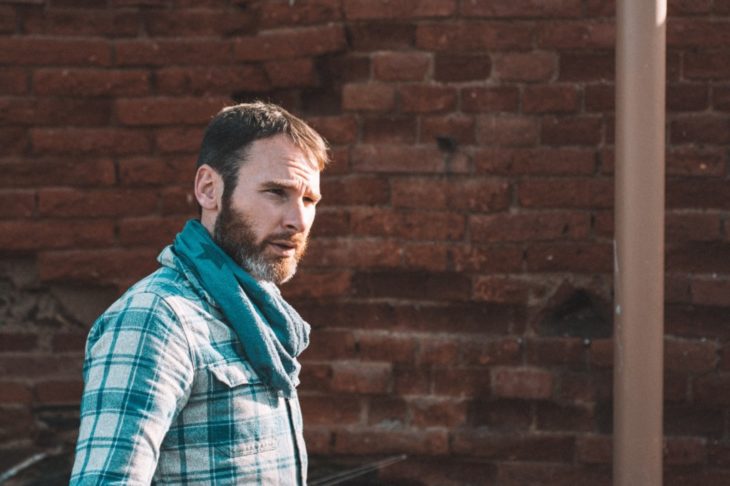
Alex Hadley graduated from Temple University in 2017 with
a BA in Architecture, working as a multidisciplinary designer
at both architecture and landscape architecture offices
gaining experience on a wide variety of scales, from urban
pocket parks and college campuses to botanical gardens,
large estates, and urban residential developments.
In 2019 Alexander traveled to Barcelona to study at IAACs
Valldaura Labs campus, specializing in local production of
regenerative materials, advanced computational design and
agroecology. He has also been published in multiple
architectural periodicals writing about ecological design and the politics of sustainability.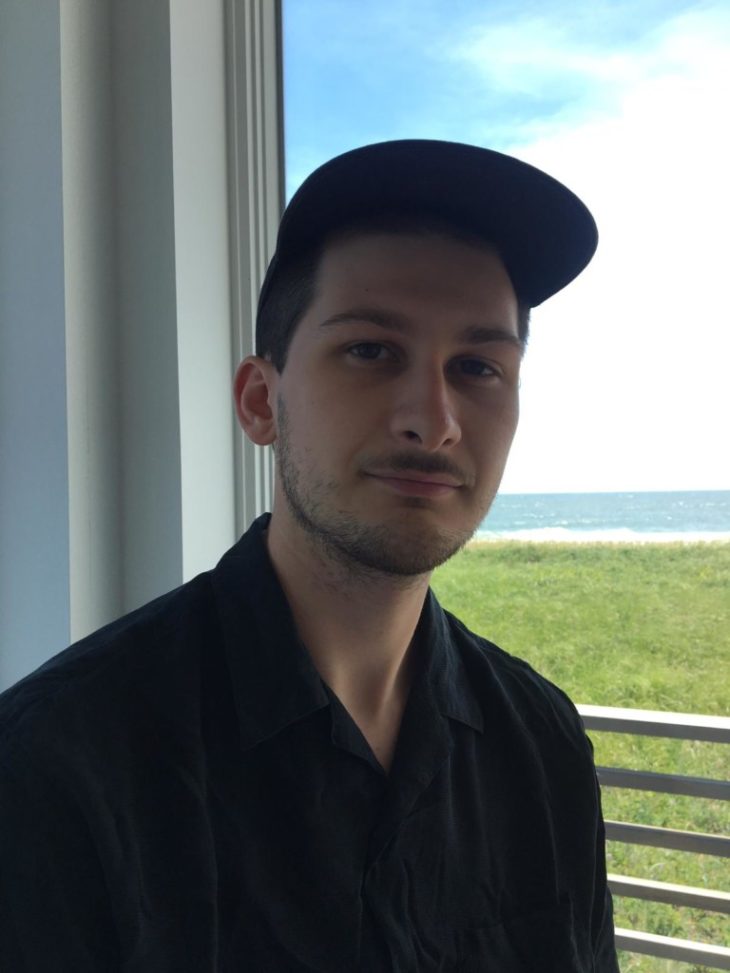
Philipp Wienkämper graduated from his BA in Architecture
in 2020, working on a range of projects from furniture, interior
to architectural design. During multiple jobs in the fields of
design and construction he gained experience in planning
and fabricating of wooden installations.
Currently he is a MAEEB02 student working on agricultural
research, wood production and developing his master thesis
while living in Valldaura